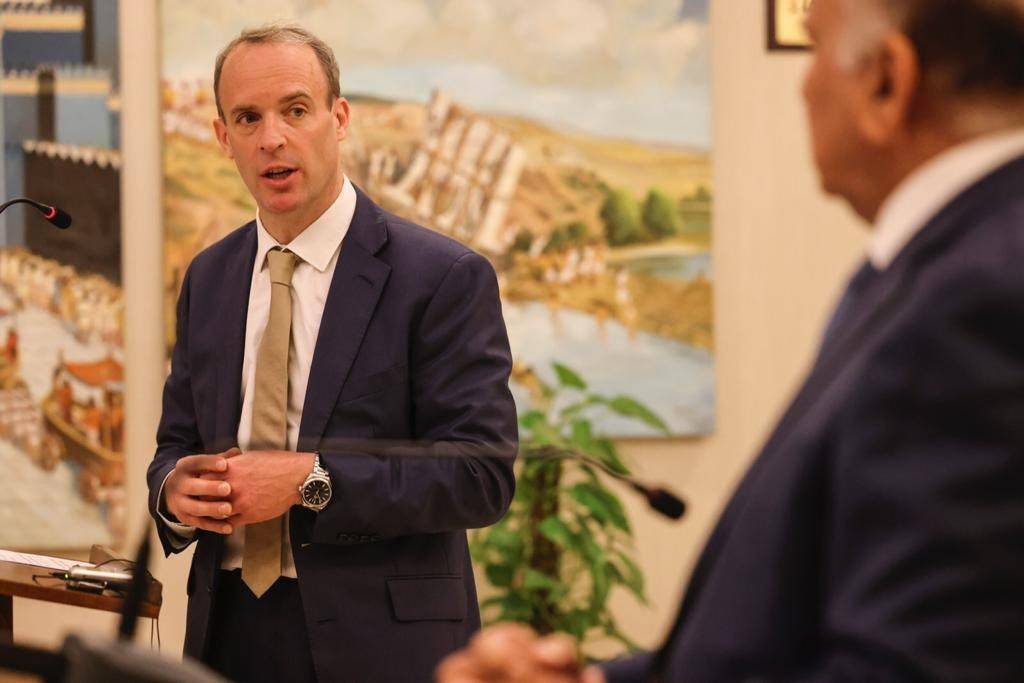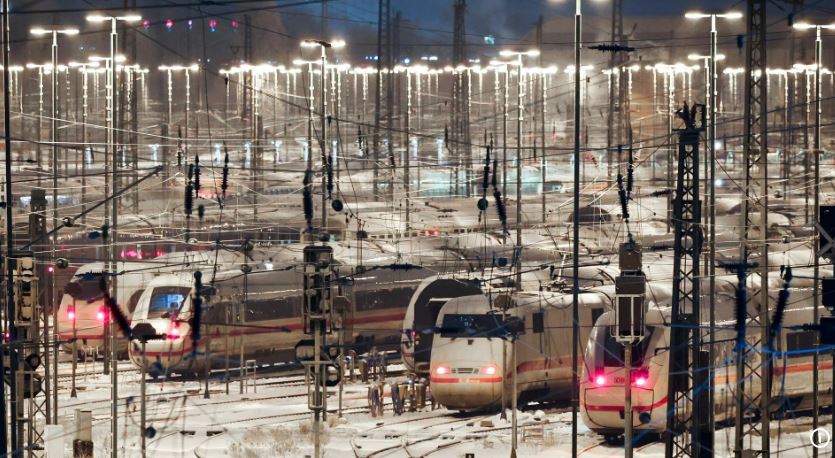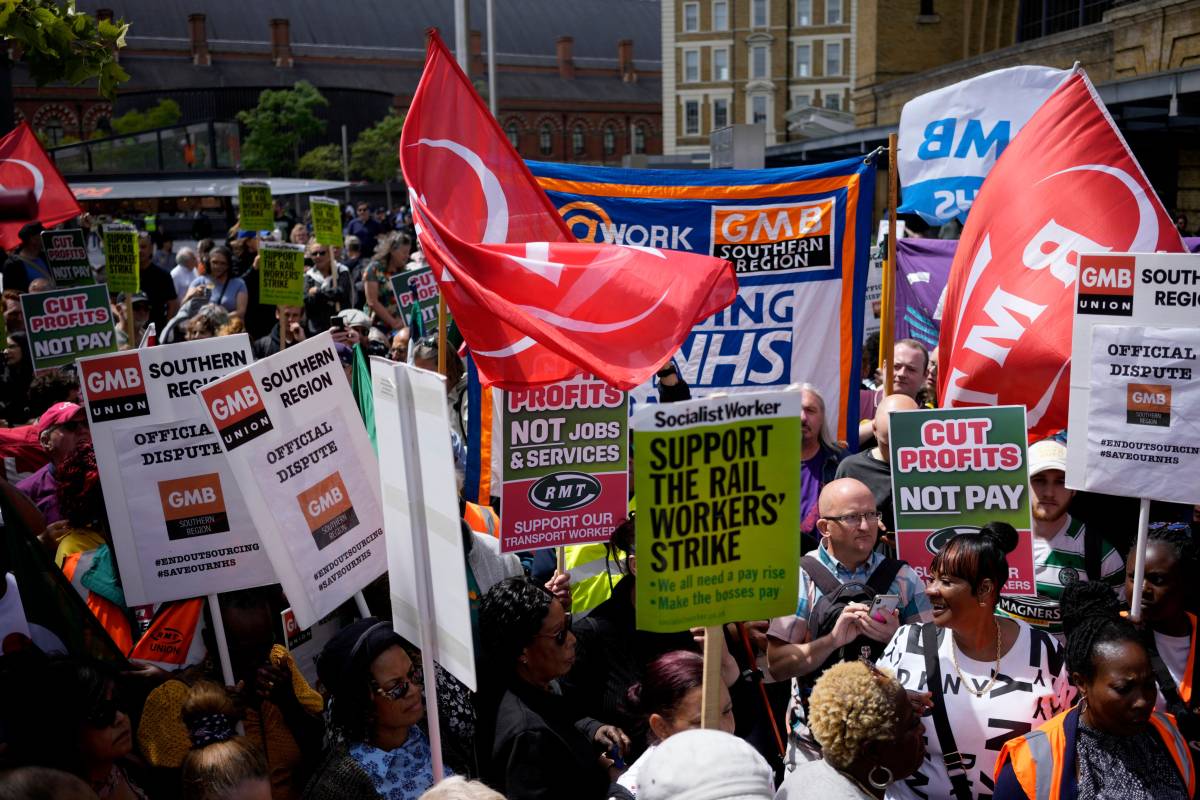A survey by pollsters YouGov earlier this month found public opinion divided, with around half of those questioned opposed to the action and just over a third saying they supported it…reports Asian Lite News
Deputy prime minister Dominic Raab said on Wednesday that the government couldn’t allow “militant unions” to win over rail strikes, warning that their demands could lead to an inflationary spiral.
Over 40,000 rail staff walked out on the first day of Britain’s biggest rail strike in 30 years on Tuesday, as millions of passengers facing days more chaos.
“We can’t allow, I’m afraid, the unions, in this very militant way that they’ve proceeded, to win this argument because it will only hurt the poorest in our society,” Raab told Sky News.
“It is the lowest paid who suffer the most from strike action, and also if we get into this inflationary spiral that the union’s demands would lead to.”
Johnson vows to stay firm
Prime Minister Boris Johnson, under pressure to do more to help Britons facing the toughest economic hit in decades, said the strike would harm businesses still recovering from Covid.
Unions have said the rail strikes could mark the start of a “summer of discontent” with teachers, medics, waste disposal workers and even barristers heading for industrial action as inflation pushes 10%.
“The British worker needs a pay rise,” Mick Lynch, secretary-general of the Rail, Maritime and Transport Workers told Sky News. “They need job security and decent conditions.”
During the morning rush-hour, roads were busier than normal with cars, bikes and pedestrians. Hospital staff said some colleagues slept at work overnight to maintain care. Johnson told his cabinet the strikes were “wrong and unnecessary” and said his message to the country was that they needed to be ready to “stay the course” as improvements to the way railways are run was in the public’s interest.
A survey by pollsters YouGov earlier this month found public opinion divided, with around half of those questioned opposed to the action and just over a third saying they supported it.
Leo Rudolph, a 36-year-old lawyer who walked to work, said he would become more disgruntled the longer the dispute holds. “This isn’t going to be an isolated occurrence, right?” he told Reuters.
Britain’s economy initially rebounded strongly from the COVID-19 pandemic but a combination of labour shortages, supply chain disruption, inflation and post-Brexit trade problems has prompted warnings of a recession. The government says it is supporting millions of the poorest households but it warns that above-inflation pay rises would damage the fundamentals of the economy and prolong the problem.
Britain’s railways were effectively nationalised in the pandemic, with train operating companies paid a fixed fee to run services, while the tracks and infrastructure are managed by state-owned Network Rail.
The RMT wants its members to receive a pay rise of at least 7%, but it has said Network Rail offered 2%, with another 1% linked to industry reforms that it opposes. The government has been criticised for not being involved in the talks. Ministers say unions must resolve it directly with employers. The outbreak of industrial action has drawn comparison with the 1970s, when Britain faced widespread labour strikes including the 1978-79 “winter of discontent”.
ALSO READ-Biggest rail stir on track













